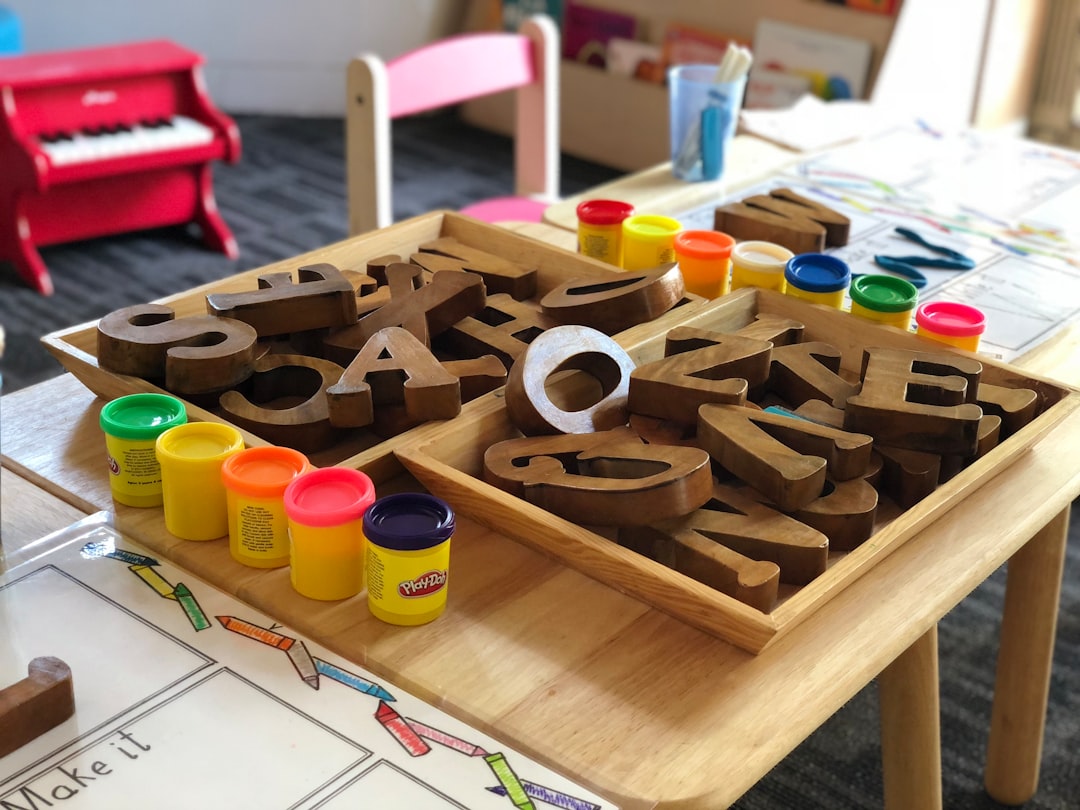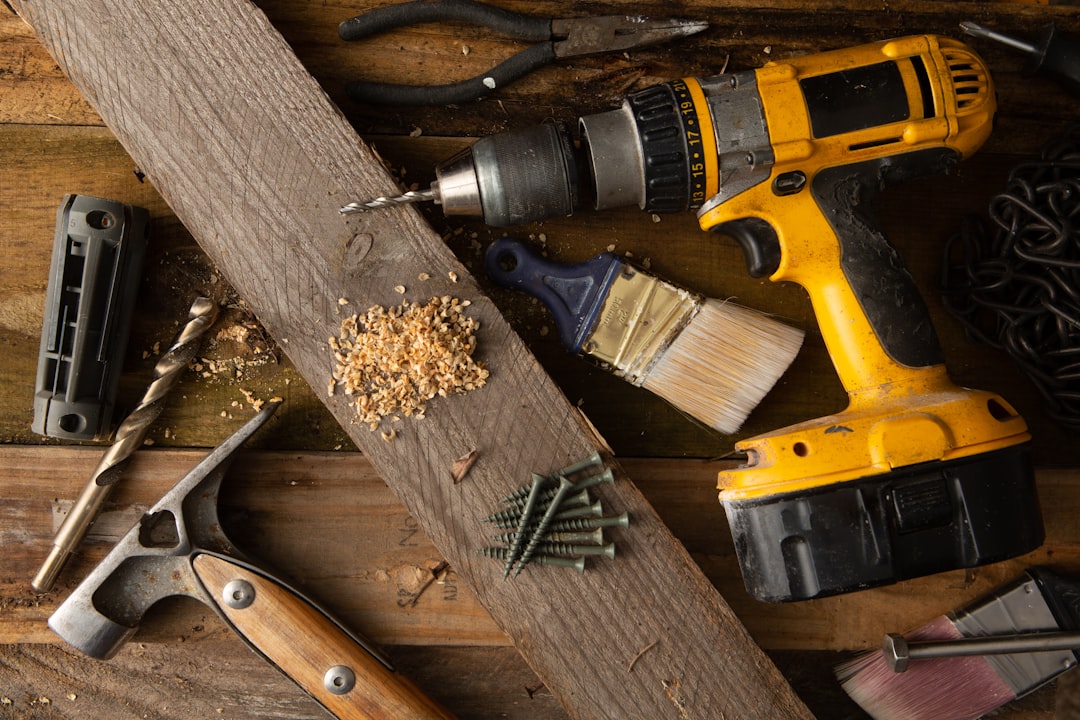When it comes to ammunition, one of the most critical components is the shell casing. These metal containers hold all the essential elements of a cartridge, including the bullet, gunpowder, and primer. Understanding the different types of shell casings, their uses, and their significance in the reloading process is essential for both novice and experienced shooters alike.
### What Are Shell Casings?
Shell casings, also known as cartridge cases, are the outer shells of a cartridge that encase the bullet, powder, and primer. They are typically made from brass, aluminum, or steel, and their primary purpose is to contain the pressure generated when the gun is fired. The design and material of the casing can significantly affect the performance of the ammunition.
### Types of Shell Casings
1. **Brass Shell Casings**: These are the most common type of casings used in ammunition. Brass is favored for its excellent corrosion resistance, malleability, and ability to withstand high pressure. Reloaders often prefer brass casings because they can be reused multiple times with proper care.
2. **Steel Shell Casings**: Steel casings are less expensive to manufacture than brass casings and are often used in budget-friendly ammunition. However, they are more prone to corrosion and may not be as durable as brass. While they can be reloaded, they typically do not last as long as brass casings.
3. **Aluminum Shell Casings**: Aluminum casings are lightweight and resistant to corrosion, making them a viable option for certain applications. However, they are generally not reloadable, as they tend to deform during firing and cannot withstand the reloading process.
### The Importance of Shell Casings in Reloading
For those interested in reloading their own ammunition, understanding shell casings is crucial. Reloading involves taking spent shell casings and refurbishing them for reuse. This process not only saves money but also allows shooters to customize their ammunition to suit their specific needs.
When reloading, the condition of the shell casing is vital. Inspecting for cracks, dents, and signs of excessive wear is necessary to ensure safety and reliability. Reloaders often seek high-quality shell casings that can withstand multiple firings. For more information on sourcing reliable components, including shell casings, enthusiasts can explore various online resources.
### Factors to Consider When Choosing Shell Casings
1. **Caliber Compatibility**: Different firearms require specific calibers, and it is essential to choose casings that match the caliber of your firearm. Using the wrong casing can lead to dangerous malfunctions.
2. **Intended Use**: Whether for target shooting, hunting, or self-defense, the intended use of the ammunition can dictate the type of shell casing you should choose. For example, brass casings are typically preferred for precision target shooting due to their reliability.
3. **Reloading Frequency**: If you plan to reload frequently, investing in high-quality brass casings may be worthwhile. They can withstand multiple reloads, making them more cost-effective in the long run.
### Conclusion
Shell casings play an indispensable role in the world of ammunition, influencing everything from performance to safety. Whether you are a casual shooter or a serious reloader, understanding the types of shell casings available and their respective benefits is essential. By selecting the right casings and maintaining them properly, you can enhance your shooting experience and ensure that your ammunition performs reliably.
For those looking to expand their reloading supplies, including high-quality shell casings, exploring reputable online suppliers can provide the necessary components for a successful reloading endeavor. With the right knowledge and resources, shooters can enjoy the art of reloading while ensuring safety and performance in their firearms.




